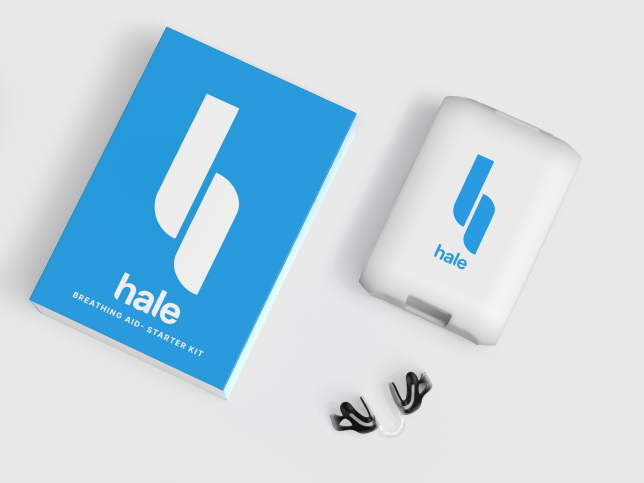
Antihistamines and nasal decongestants are common medications used to treat nasal blockages and other symptoms associated with allergies and colds. While they can provide significant relief, these medications can also have a range of harmful side effects that users should be aware of. Additionally, there are several effective drug-free solutions, such as nasal dilators, that can help alleviate nasal congestion.
The Downside of Antihistamines
Antihistamines work by blocking the action of histamine, a substance in the body that causes allergic symptoms. While effective, these medications can have various side effects:
Drowsiness: Many first-generation antihistamines, such as diphenhydramine (Benadryl), are known to cause significant drowsiness, affecting daily activities and the ability to drive or operate machinery.
Dry Mouth and Throat: Antihistamines can reduce saliva production, leading to dry mouth and throat, which can be uncomfortable and may contribute to dental issues.
Dizziness and Headaches: Some individuals experience dizziness or headaches when taking antihistamines, which can impact their overall well-being.
Blurred Vision: These medications can cause blurred vision, making it difficult to read or focus on tasks.
Urinary Retention: Antihistamines can affect the muscles in the bladder, leading to difficulty urinating, particularly in older adults.
Constipation: Reduced gastrointestinal motility is another side effect, causing constipation in some users.
Risks Associated with Nasal Decongestants
Nasal decongestants, such as pseudoephedrine (Sudafed) and oxymetazoline (Afrin), work by narrowing blood vessels in the nasal passages, reducing swelling and congestion. However, they also come with their own set of risks:
Increased Blood Pressure: Decongestants can raise blood pressure, making them unsuitable for individuals with hypertension or heart conditions.
Insomnia: These medications can stimulate the nervous system, leading to difficulty sleeping and restlessness.
Nervousness and Anxiety: Some users report feeling jittery or anxious when taking nasal decongestants.
Rebound Congestion: Prolonged use of nasal sprays can cause a condition known as rebound congestion, where the nasal passages become more congested once the medication wears off.
Heart Palpitations: Decongestants can cause an irregular or fast heartbeat in some individuals.
Drug-Free Solutions for Nasal Congestion
Given the potential side effects of antihistamines and nasal decongestants, many people seek drug-free alternatives to manage their symptoms. Here are some effective options:
Nasal Dilators
What They Are: Nasal dilators are small devices inserted into the nostrils to widen the nasal passages, improving airflow and reducing congestion.
Benefits: They are drug-free, easy to use, and can provide immediate relief from nasal blockage. Nasal dilators are particularly useful at night to prevent snoring and improve sleep quality.
Saline Nasal Sprays
What They Are: Saline sprays consist of a simple saltwater solution that helps moisturize and clear the nasal passages.
Benefits: They can be used as often as needed without risk of rebound congestion or other side effects. Saline sprays help to thin mucus, making it easier to expel.
Steam Inhalation
What It Is: Inhaling steam from a bowl of hot water or a shower can help loosen mucus and soothe irritated nasal passages.
Benefits: This method is natural, effective, and can be easily done at home. Adding essential oils like eucalyptus or peppermint can enhance the benefits.
Hydration
What It Is: Drinking plenty of fluids helps to thin mucus, making it easier to clear from the nasal passages.
Benefits: Staying well-hydrated supports overall health and can reduce the severity of nasal congestion.
Humidifiers
What They Are: Humidifiers add moisture to the air, which can help soothe dry nasal passages and reduce congestion.
Benefits: Using a humidifier in your bedroom at night can improve sleep and reduce nasal blockage.
Elevating the Head During Sleep
What It Is: Sleeping with your head elevated can help drain mucus and reduce nasal congestion.
Benefits: This simple adjustment can make a significant difference in breathing comfort and sleep quality.
Conclusion
While antihistamines and nasal decongestants can be effective in relieving nasal congestion, they come with a range of potential side effects that can impact overall health and well-being. Exploring drug-free alternatives, such as nasal dilators, saline sprays, steam inhalation, hydration, humidifiers, and adjusting sleep positions, can provide relief without the risks associated with medications. By considering these options, individuals can manage their nasal congestion more safely and effectively.
